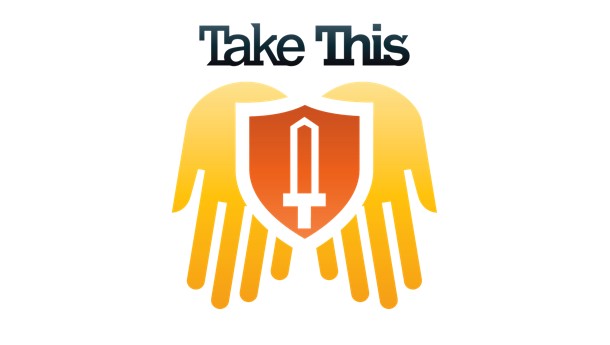Report Details The Dangers Of Developer Crunch Time & Its Solutions

The road of video game development is long and hard. Studios have to deal with internal and publisher deadlines – not to mention the public's expectation that the game come out on time – that push the time and dedication of developers beyond the confines of a normal work week. This deadline push, which can happen several times during a project, is called crunch time, and it has become an accepted reality of making video games. A 2015 survey by the International Game Developers Association (IGDA) revealed that 62 percent of respondents said their projects had a crunch, and half of those said this consisted of working more than 60 hours a week.
However, some have questioned the practice, its effectiveness, and most importantly, its effect on developers. Take This is a non-profit charity organization created by ex-Polygon founding editor Russ Pitts, executive editor of GamesRadar+ Susan Arendt, and clinical psychologist Dr. Mark Kline aimed at addressing mental health issues in the industry. Take This and the IGDA have published a report entitled Crunch Hurts outlining the problem. "While crunch may be an inevitable part of the game making process," it states, "understanding the mental and physical impact of the practice can lead to better work practices overall, and ultimately happier (and more productive) employees."
The paper cites industry studies that show that longer hours have a positive effect initially, but this decreases. After five weeks of 10-hour days, productivity falls to levels lower than a normal 40-hour work week. The paper also points out a tangible cost: A study of four U.S. companies found that employee fatigue cost an estimated $1,967 per employee each year. Take This co-founder Pitts told us that the organization consulted with its advisory board, which contains developers from around the industry, and received feedback from people with different levels of experience. "People with 'on the ground' perspectives on crunch – both its positive and negative effects – were absolutely a part of this paper's creation," he said.
Being overworked in any industry leads to increased health risks, including worse sleep and a higher risk for heart disease and stroke, and "significantly higher" levels of anxiety and depression, and the disorders associated with them. Long hours also influences employees' home life and therefore those family members' lives as well. In the end, the stresses of overwork can cause some to leave the industry altogether, ending a possibly promising career.
As if the human toil wasn't bad enough, Crunch Hurts cites two studies that state that the crunch itself isn't helping the titles they ostensibly serve. A paper entitled, Impact of Overtime and Stress on Software Quality by James Cusick and Balaji Akula said that software defects were higher for games that required overtime compared with those that didn't, and according to Paul Torzour's Games Outcomes Project, those that reported high crunch had lower Metacritic scores and return on investment.
Crunch Hurts certainly makes the case for the harmful effects of overwork, but it also presents solutions and acknowledges that even if crunch exists, it doesn't have to be detrimental to the game nor developers. "Crunch isn't all bad," says Pitts. "In fact, crunch, in limited, regulated doses, can lead to great leaps in creativity. And we know that if we were to try and tell studios to radically change their process, with no use cases or hard data to back that up, we'd get nowhere fast. Our goal was to provide not only the factual, scientific perspective on the impact of overwork, but also provide real-world suggestions that developers could implement without completely up-ending the process of making games."
The paper advocates short crunch periods followed by short periods of reduced hours or the ability to work from home. Other ways of successfully dealing with crunch outlined include more focused work (set hours, lunches, and breaks) and fewer meetings before milestones to help alleviate the stress; healthy food offerings by companies versus junk food; incentivized health screenings and gym memberships; and telling sick employees to stay home so they not only get better, but so they don't make others sick.
Perhaps most important of all, the paper says that changing crunch culture starts at the top, with management that prioritizes work/life balance and leads by example – including not speaking ill of those who don't overwork – and promoting and backing employees who work more efficiently versus those who simply work more.
Pitts believes the industry has made progress since 2004, when most of the public became aware of the dangers of crunch thanks to developer Erin Hoffman's then-anonymous blog post under the moniker "EA Spouse."
"Companies are now at least taking work-life balance seriously," say Pitts. "I don't think their solutions are always correct, or that they're always looking in the right places, but I do think today you have a lot more people thinking a lot more seriously about employee health, talent retention, and survivability. EA in particular. They've made survivability a huge focus, and as easy as it can be to pile on them with grief, they really are working hard on the problem. Unfortunately, it's a big problem. And game making is still a young industry. Things like mental health, for example, where companies in all industries struggle, are still areas where I see game companies falling down. We've come a long way in the 12 years since EA spouse, but we still have a long way to go."
TTCrunch by Michael Futter on Scribd









